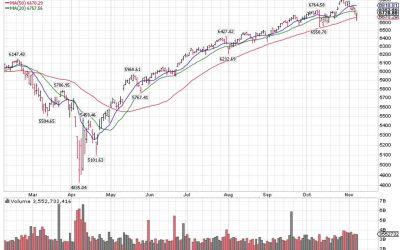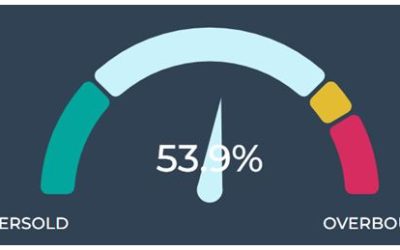by Jason Bodner
June 17, 2025
The Middle East is geographically at the crossroads of Asia, Africa, and Europe. Conflicts in that region go back to the dawn of human civilization. It is the birthplace of many major religions, including Judaism, Christianity, and Islam. Strong family ties and respect for elders form the core of many Middle Eastern cultures, a diverse melting pot of cultures and ethnicities, with a variety of languages and traditions.
Sadly, though, conflict there also dates back many millennia. The latest chapter finds Israel carrying out “pre-emptive” airstrikes on Iran, specifically targeting their nuclear program.
As I write this, last Friday, stocks are sagging while oil is surging.
My first thought was, “We have seen this before,” not just the war, but the market’s reaction to it.
My second thought was: “It usually works out fine, from an investment perspective.”
I think this time will follow history, meaning that cooler heads will eventually prevail. I also think that this resilient stock market, with its recent strength (since April 8th) was looking for a reason to dip, and this attack provided one, but I don’t think it will weigh heavily on markets for very long.
As always, I can be wrong, but I appeal to the data and logic to formulate my view.
First off, I looked for similar skirmishes in the Middle East. Over the past 20 years I found five prior times. The forward returns for stocks look fine an average of 80% of the time spanning one-week to two-years.
Graphs are for illustrative and discussion purposes only. Please read important disclosures at the end of this commentary.
The post 6-17-25: How Has the Market Reacted to Recent Middle Eastern Wars? appeared first on Navellier.







